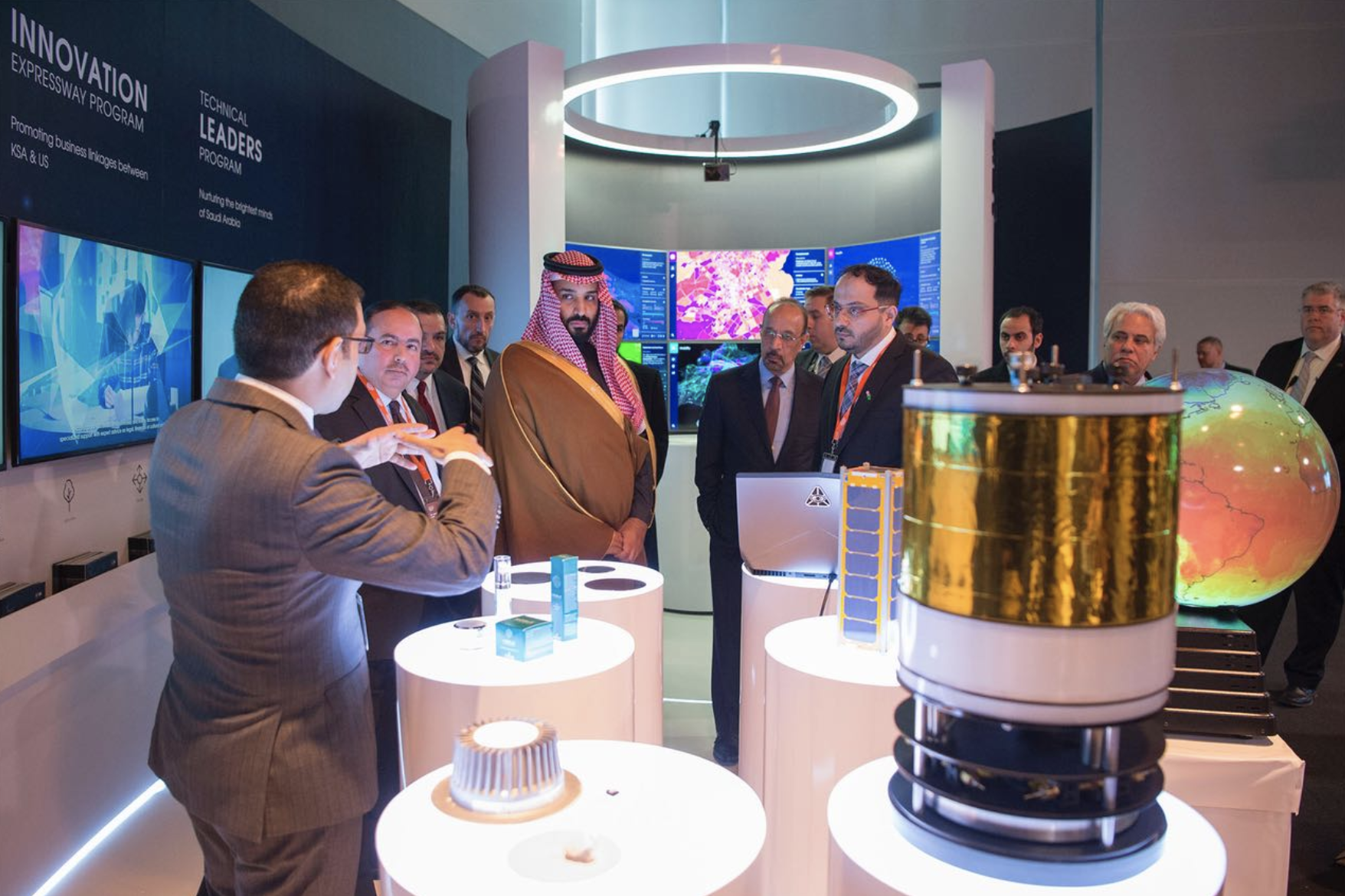Saudi Arabia's business environment is undergoing a significant transformation fueled by the rising adoption of artificial intelligence (AI). Employers across the Kingdom are increasingly recognizing AI as a critical tool to streamline operations and enhance efficiency. This trend coincides with Saudi Arabia's push towards economic diversification, outlined in Vision 2030, a strategic framework aimed at reducing dependence on oil.
A driving force behind this shift is the growing awareness of AI's capabilities. Major technology events like LEAP, held annually in Riyadh, have served as a platform for showcasing AI's potential and fostering discussions on its practical applications. These events have exposed regional businesses to the transformative power of AI, prompting them to re-evaluate their operational strategies.
The integration of AI into workflows presents both opportunities and challenges. On the one hand, AI can automate repetitive tasks, freeing up human employees to focus on more strategic endeavors. This not only increases productivity but also allows employees to develop their skillsets in areas that complement AI's capabilities. For instance, AI-powered customer service chatbots can handle routine inquiries, allowing human representatives to dedicate their time to resolving complex customer issues.
Furthermore, AI can analyze vast amounts of data to identify patterns and trends that might go unnoticed by humans. This data-driven approach can inform better decision-making, leading to improved resource allocation, optimized marketing campaigns, and enhanced product development. In essence, AI empowers businesses to make data-backed decisions, fostering a more strategic and analytical approach to operations.
However, the rise of AI also necessitates workforce adaptation. As AI takes over routine tasks, employees may need to develop new skillsets to remain relevant in the evolving business landscape. This underscores the importance of upskilling initiatives that equip employees with the necessary proficiency to work alongside AI effectively. Companies need to invest in training programs that bridge the skills gap and prepare their workforce for the AI-powered future.
Another crucial aspect of this transformation is fostering a sense of belonging among younger workers in an increasingly AI-reliant environment. As AI automates tasks traditionally performed by humans, there's a potential risk of employee disenfranchisement. Companies need to create a work culture that emphasizes collaboration between humans and AI, ensuring that younger workers feel valued and have opportunities to contribute their unique skills and perspectives.
By embracing AI and fostering a culture of continuous learning, Saudi Arabian businesses can navigate this transformation successfully. AI presents a powerful tool to enhance efficiency, optimize decision-making, and propel the Kingdom towards a future-proof economy. However, reaping the full benefits of AI necessitates a focus on upskilling the workforce and fostering a human-centric approach to this technological revolution.

